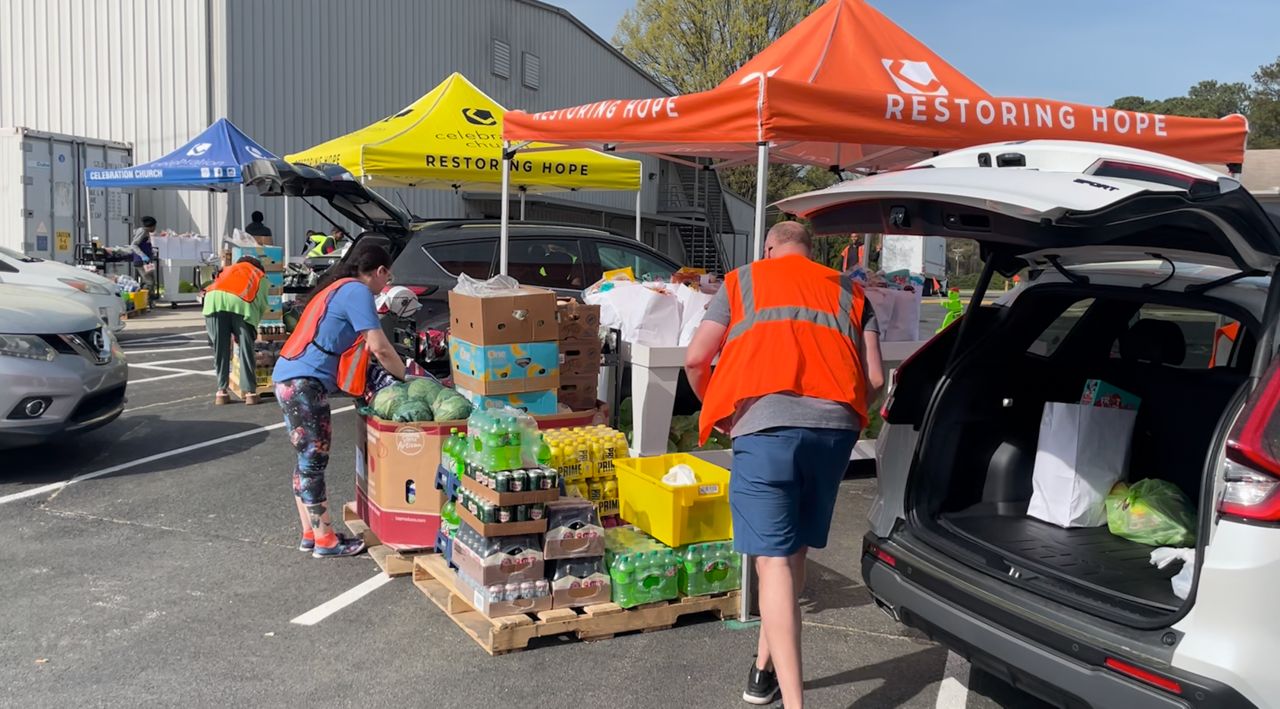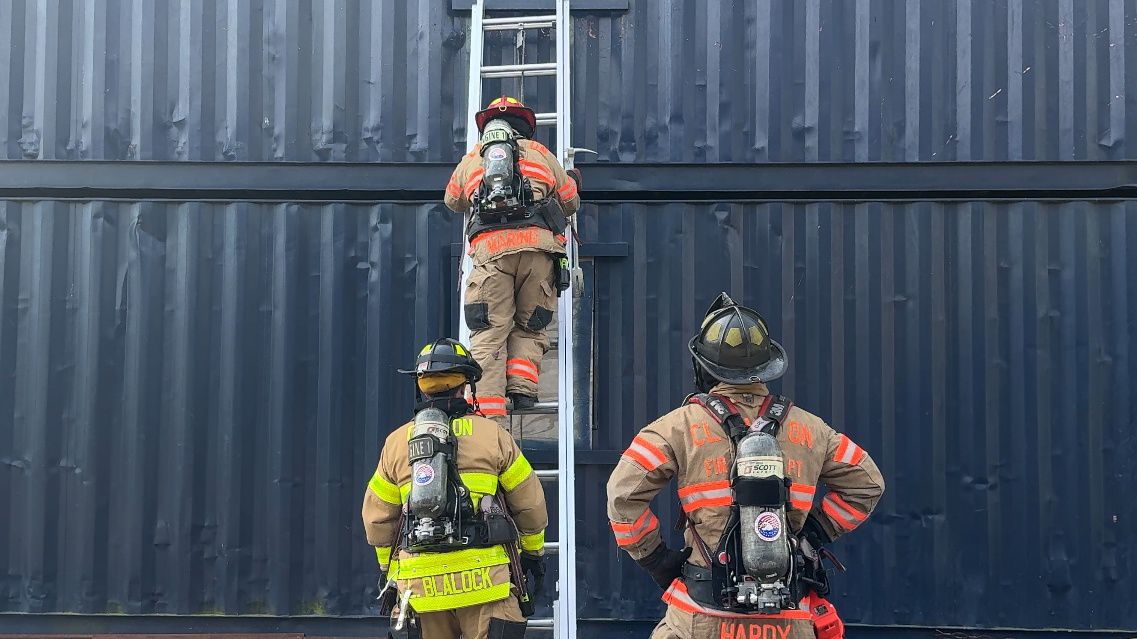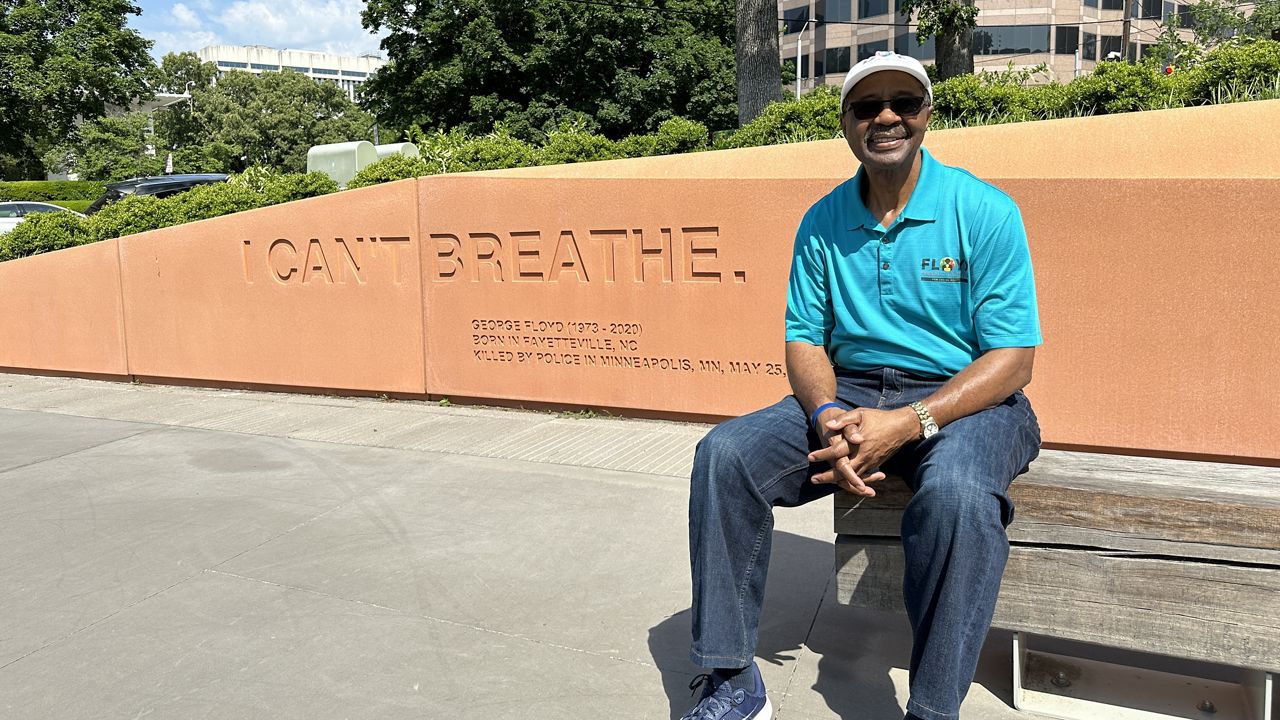NORTH CAROLINA — Earlier this year, the U.S. Supreme Court ruled cities can ban people from sleeping and camping in public places. While North Carolina has not officially shut down encampments or made big local ordinance changes, members of the homeless population across the state said they are facing more and more challenges.
What You Need To Know
- Despite no official closures from North Carolina, members of the homeless population said they are being told to vacate their encampments
- Elisha, a North Carolina resident, is living in her car but once had a house, a job and two cars
- Local resources across the state are struggling to keep up with the population of homeless North Carolinians
- High Point has put up anti-panhandling signs, encouraging drivers to give money to local charities not panhandlers
Everyone has a story to share, but it depends on if anyone will listen. For Elisha, a homeless woman in our state, she said she often is too invisible to be seen.
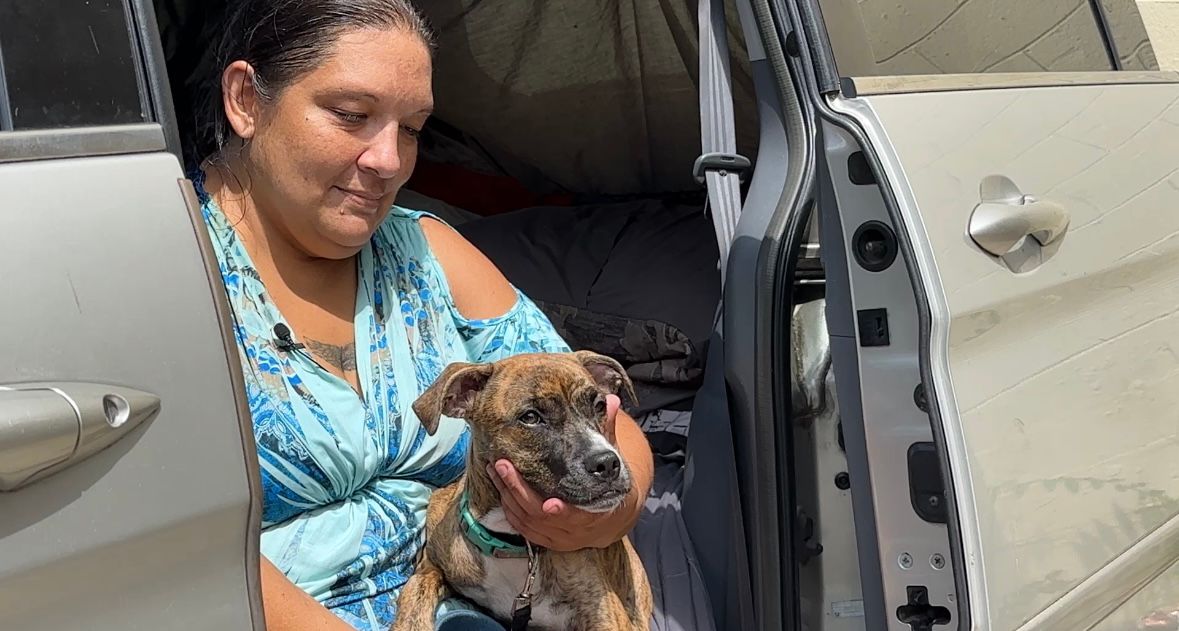
“I've had people say get a job, stop bothering people who work hard for their money. Oh, you're just an addict. I don't let those people see how much it hurts me,” said Elisha, who doesn't want her last name disclosed. “But inside, it really tears me up for people to make assumptions like that or to tell me things like that, because it's not like I'm not trying. I am trying.”
Like so many others, Elisha had a house, a job, two cars and a stable place to rest her head at night. Which was all taken away after being injured in a car accident that led to a prescription pain pill addiction.
“Going from 500 pills a month to nothing. Somebody introduced me to heroin, and heroin took everything from me,” Elisha said.
Now instead of folding down a duvet, she’s using a Pokemon card to tuck sheets into the hinge of her van trunk to prevent others from looking in while she sleeps in her van, alongside her companion Tiptoe.
“Being a woman on my own, it helps having a dog. She's a really good alarm system and she barks to grab the slightest thing,” Elisha said.
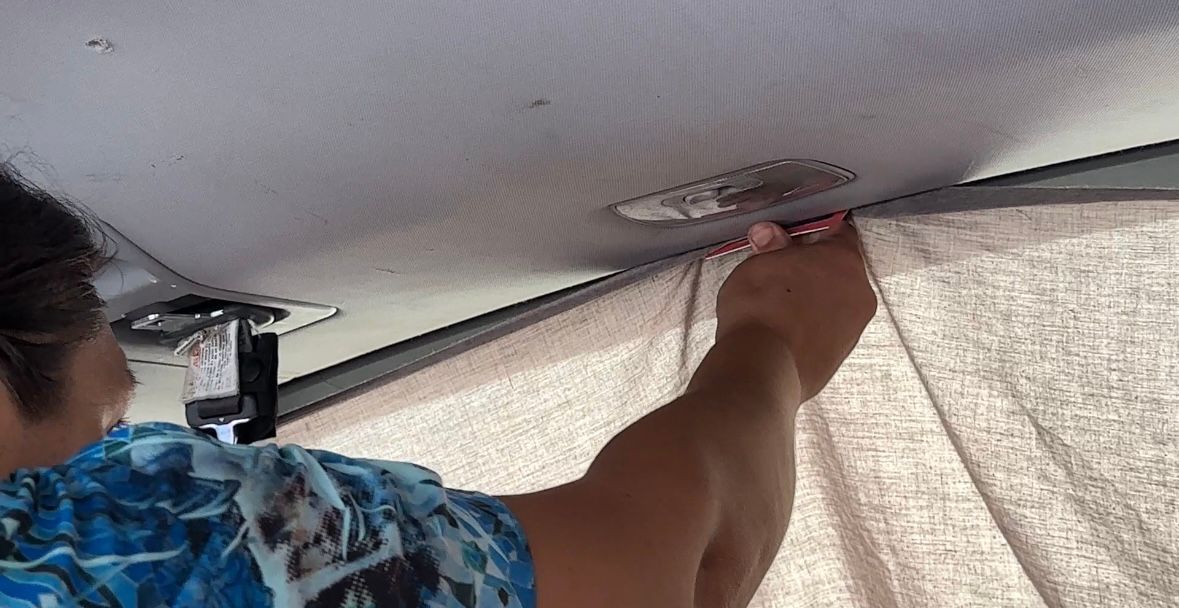
Tiptoe, a dog Elisha and her partner got a few months ago, was in rough shape upon her adoption, causing their money they saved up for a trailer and spot to go to Tiptoe’s vet bills.
“She's kind of like 100% in tune with my feelings. She knows when I'm sad, when I'm upset, when I'm happy, when I don't feel good. She's a trooper,” Elisha said.
For Elisha, Tiptoe is her lifeline to combat the loneliness of homelessness.
While she one day dreams of a place for Tiptoe to run, she now sweeps up shards of glass, used needles and discarded trash for her to play.
Where Elisha is parking her van now is not the first place they have stayed after being told to move on to another area, similar to what other members of the homeless community have explained, being kicked out of their encampments despite the state not officially shutting down any camps.
“They're just going to find somewhere else to stay. And unfortunately, it might be somewhere dangerous, on an underpass of a highway. But people that are camping in the spots that they're in, they're camping there because they feel safe there, and they're not trying to cause any harm to anybody. They're really not. They're just trying to live their life,” Elisha said.
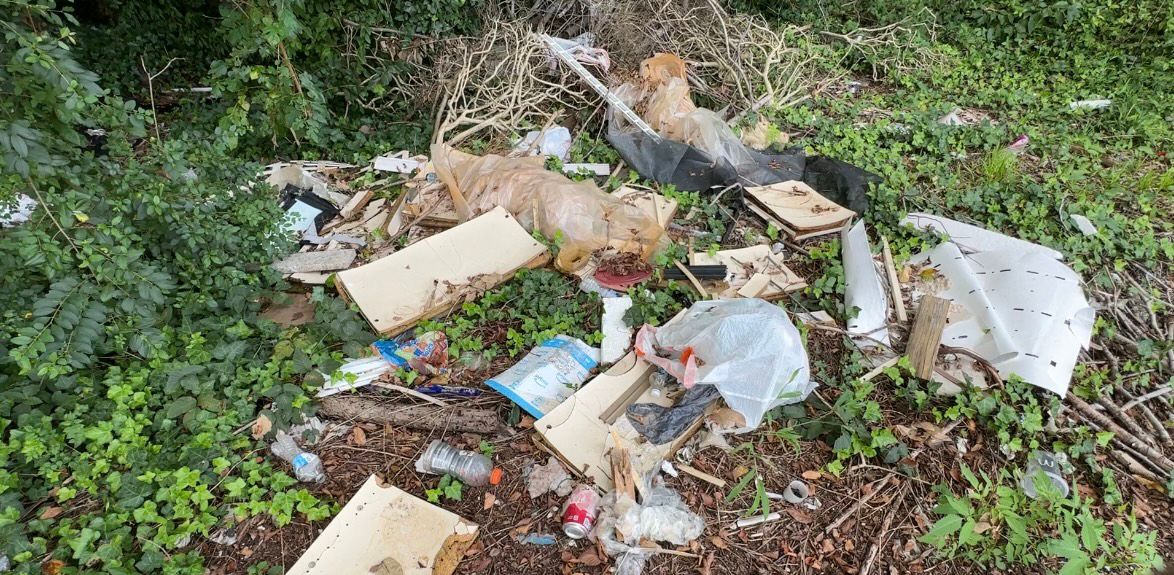
Another challenge she has been facing is local resources possibly closing down like the Interactive Resource Center in Greensboro that had funding issues this year. It's not only losing meals, showers and shelter, but losing a friendly ear.
“We would have no voice, really. I mean, we still kind of don't, but it would be way worse because they do speak up for us,” Elisha said.
She said other local efforts like High Point's no panhandle signs, asking drivers to give money to local organizations instead of panhandlers, are not helping either because of the high volume of need.
“Learn about where they came from and why they are doing what they're doing, how they're living. You probably understand us a lot better,” Elisha said.
Ultimately, Elisha said she wants to be seen and treated like a person because those on the street are someone’s mother, son, friend and neighbor.
“We're all human. We all have feelings. When you look at us and judge us, put us down, like it hurts us as much as it would hurt you,” Elisha said.
Elisha said she got help from a local church to afford her van, and if she won the lottery, she would use the money to buy an old school and turn it into a homeless shelter.
The City of Greensboro has agreed to help fund the IRC for six months back in August.







